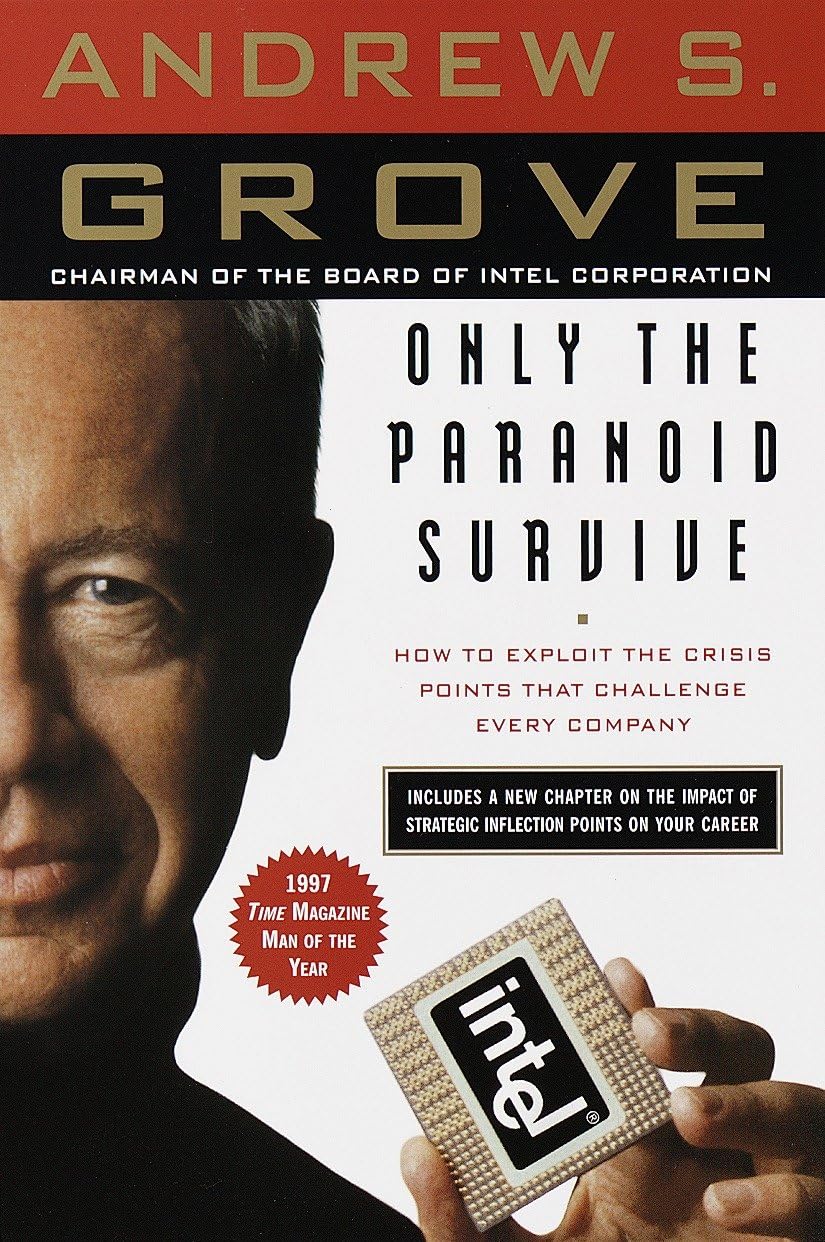Opinion / Blog / News
AI: Hype or Blight?
A reflection

We can’t sidestep the ever growing amount of AI chatter. Regardless who, what or where you are. From cheating high-schoolers to mass customized spam, and an endless stream of deep fake options to make your imaginary stay at that tropical location look even better on Insta. It’s everywhere. . Feeling somewhat contrarian, let’s evaluate some of the current statements floating around:
- "Soon we won’t have any need for Jr. programmers anymore, since our AI will write most of the code” (paraphrasing M Zuckerberg)
- "Engage with prospects / clients 24/7” (Agentforce website)
- “Programming will be entirely obsolete in 5 years” ( heard at a conference from an AI startup exec)
I guess all our software and staffing challenges are over, since Copilot will author all the features in the new release, while the last remaining developer will simply setup the deployment, and presto ! ChatGPT will write ad-copy and put together the marketing campaigns. While you sit back and listen to the cash register ring.
The prior, aside from obviously ridiculous, contains a few other nefarious risks that I notice are rarely being mentioned. But perhaps they should.
Don’t get me wrong; This is not intended as a nag towards AI, and all in favor of the human spirit. ( although that might play a part). Despite the incredible advances we’re seeing around us, I’ll try to make a case for the human advantage. Right or wrong ? Time will tell.
Why do I need developers / architects / analysts ?

This question has undoubtedly passed in several dept. meetings everywhere. You probably heard all the pro’s and cons at this point
- Humans are slow and error prone
- It takes X weeks for them to get up to speed and be productive
- If we use more AI we can slash our dev teams in half
- Why are our developers always so ‘weird’ can’t they be more like us?
- ChatGPT is more interesting to talk to then Gary from accounting
Ok, aside from the last two. Those sounded like they deserved honorable mention though.
And the other side :
- Programmers do a lot more then write code. In fact typing code is probably only 25% of their time spend
- Debugging accumulated machine generated code is more work than we thought
- What happens when the AI is unavailable or unable to solve something for whatever reason ?
- The machine can barely do medium level arithmetic
I’m sure there are endless arguments for either side.
There’s truth to either of these sides. That’s not the point. Let’s assume for the sake of argument: We’re already in the next phase of AI, generated code is virtually faultless. And humans, well . . . are still humans.
You mean I can finally fire them ?
No. You can’t.
But why ? You said my AI makes great code. They even added a sense of humor.
Dealing with IT has at long last, finally become less frustrating !
In order to try and help me make my argument; Please join me on a tiny exploration into the meaning of software. Let’s take a holistic, helicopter view. So forget about your database, Cloud hosted microservices and whatnot.
Meaning of software
That’s pretty broad. Let’s set the stage with two quotes from the ever quotable Edsger Dijkstra:

- “The question of whether computers can think is like the question of whether submarines can swim.”
- “Besides a mathematical inclination, an exceptionally good mastery of one's native tongue is the most vital asset of a competent programmer.”
(For the record, I am by no means qualified to interpret and explain quotes from a giant like Dijkstra, but alas, that never stopped me before.)
A little context
For those who don’t know Dijkstra (1930 – 2002, pictured right) ; Was a famous mathematician, and can be considered a pioneer of computer science, although he probably wouldn’t agree with the latter.
The quotes come from around the 1970’s. A different world, maybe even universe. Nevertheless the point he illustrates still seem pretty valid today.
And what is that ?
Besides his disbelief in thinking computers, ( A point btw, shared by another, more current legend of the field: Grady Booch). The essence of a lot of his quotes stem from the fact that the rules that are written down in your program are abstractions and organizations of various complexities of your organization and business.
Hence, if done right, they form the most accurate and succinct description that is currently available of how your business operates. The place where this complexity ‘lives’ is in the heads of your developers and sometimes analysts. Programs are merely the (sometimes rather arcane) documentation of these complexities.
Your company isn’t dead (or so I hope), it’s changing , adapting, and morphing, depending on market conditions, customer sentiments, and a host of other factors. The same can be said of senior staff, or maybe yourself, if you’re the founder or senior enough to know the details of the different operations that together make up your business. So are your domain specialists and champions. Many of those however may only know the ins & outs of their specific domains.
Now for the second quote.
The “native tongue mastery” thing was not a vain expression of his love for classic languages.
While software quality has certainly improved in strides these past years. There’s still a lot of it that really sucks.
Badly made programs aside, the overwhelming majority probably does exactly what it was instructed to do.
Hence we might venture out and make an educated guess as to what is the cause of the suck-i-ness of a lot of programs.
Before laying the blame on either side; E.g. Either with the users, analysts, product owners and designers Or with the developers. It could be either / or. It’s irrelevant.
Bottom line is the person that wrote the code, or the person who told him/her what to make, failed to abstract or articulate what needed to be done.
Exhibit A for the defense
I’m sure you can make the leap to understanding how this caveat will play out with the current ‘Ai to conquer all’ paradigm. Most likely compounded by the fact there might be less qualified folks around to fix and ‘debug’ the AI’s ‘understanding’ of whatever was asked of it. The better the understanding of, and ability to abstract what needs to be done, the lesser the software will suck.
In short, I’d like to submit exhibit A in defense of the humans.
Part 2

Ok, I hear you say, I’ll just get more analysts, they’re easier to find, and often more attractive from and OpEx perspective. So now can we call HR ?
No, please wait until the presentation of exhibit B, for the defense.
Inflections
In “Only the paranoid survive” by Andy Grove (former CEO of Intel). Grove makes a point that companies should always be on the lookout for what he calls ‘inflection points’ in the business or the market. Inflection points can be seen as major change for a business, industry, sector etc.
AI is an inflexion point for certain businesses ( but maybe not as many as you read in Nvidia announcements) . As will multifaceted robots be in production of certain goods I suppose. In his book he describes Intel’s transition from designing and producing memory chips to CPU’s, as major revenue driver for Intel.
He picked up on that real quick, so quick in fact, he got it before it happened. And as a result Intel dominated the CPU market for decades. To make the transition possible, as well as to validate his suspicion about the upcoming change in market dynamics, he would meet with staff on different levels and regions to brainstorm and work out scenario’s.
The reason he could prepare and execute this very daring move was (at least to an extent), the result of the very detailed input that he collected through all those people he talked to. Sales execs, production line planners, designers etc.
In short; The knowledge, or the organized abstractions those people possessed, and could fluidly reason with, provided the necessary insight.

And most likely to a greater degree than his Lotus123 spreadsheets. Which, even if they could talk, and would’ve been empowered with AI 2.0 would most likely still struggle to see a major change in business and market dynamics as far ahead as Grove did. After all it was an industry and a market that hadn’t existed before, so the precious AI 2.0 wouldn’t have had enough terabytes of training data to formulate proper paths / scenario’s.
Exhibit B for the defense
And so I state exhibit B: “For business to be adaptable and flexible in the real world, you’ll still likely going to need humans, aka: Deep, detailed, fluid knowledge of the organized complexity that is your business”
That concludes my plea for humanity.
Will it pan out, or will we be living under a Stargate panopticon in the near future ?
You decide.
